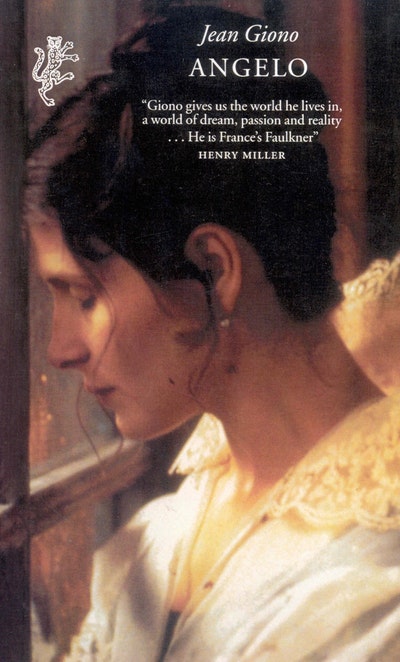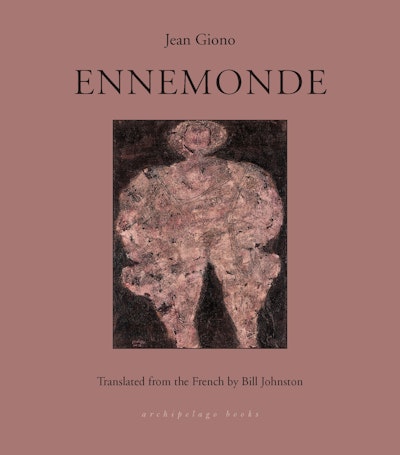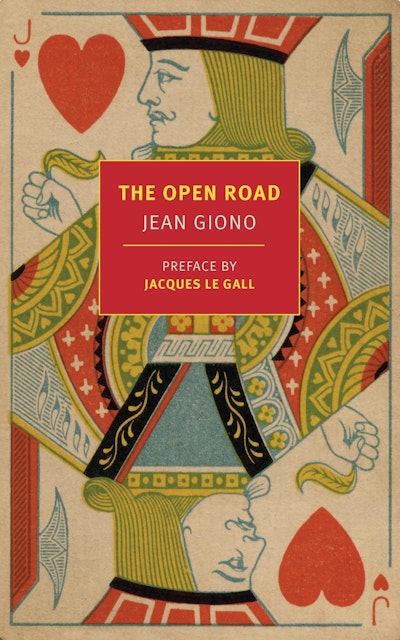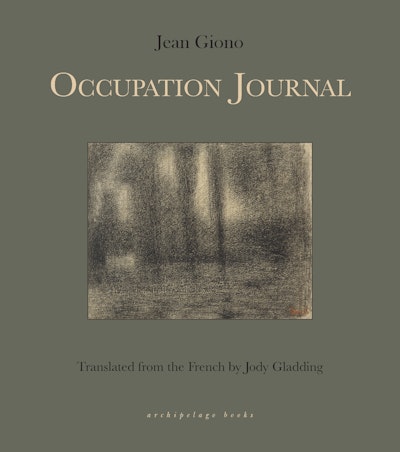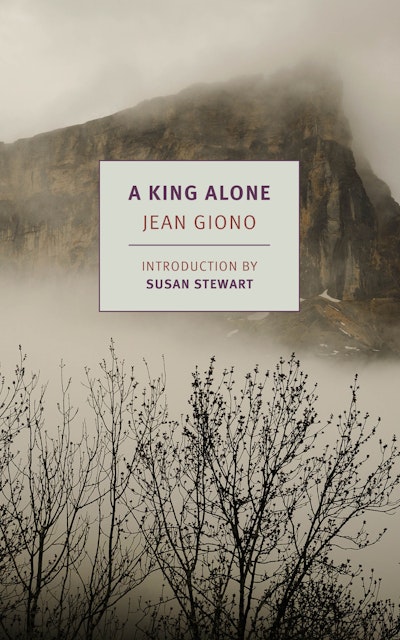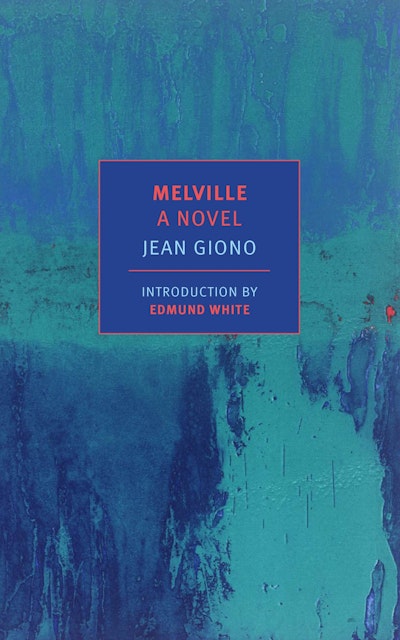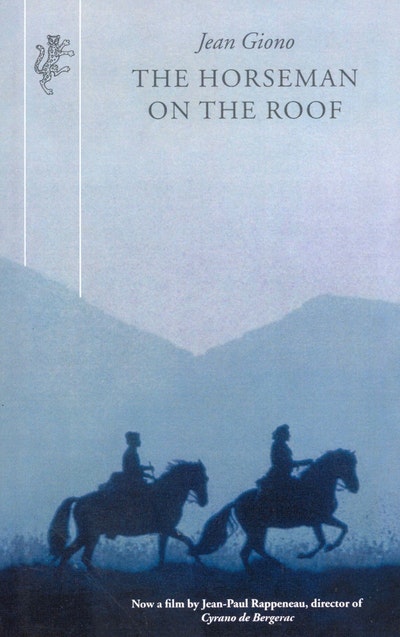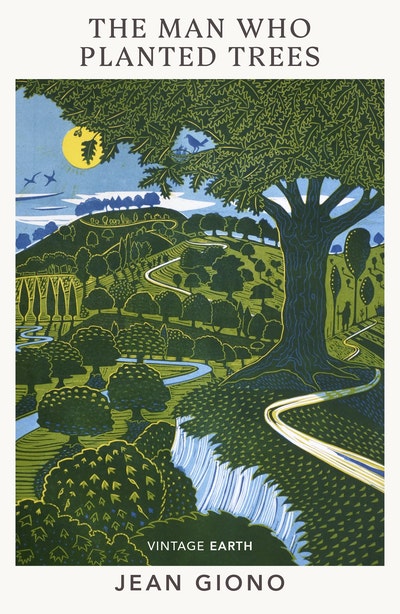[]
- Published: 15 January 2010
- ISBN: 9781846553622
- Imprint: Harvill Press
- Format: Paperback
- Pages: 208
- RRP: $30.00
Angelo
Buy from…
- Published: 15 January 2010
- ISBN: 9781846553622
- Imprint: Harvill Press
- Format: Paperback
- Pages: 208
- RRP: $30.00
Giono: he's a god. I rank him with Chateaubriand and Proust.
JEAN D’ORMESSON
Each page of Giono may be read as a poem.
BERTRAND POIROT-DELPECH, Le Monde
Giono's images of Provence have a hypnotic violence akin to Van Gogh at his most vivid, but he also provides a great story, not least one of love.
DAVID HUGHES, Mail on Sunday
